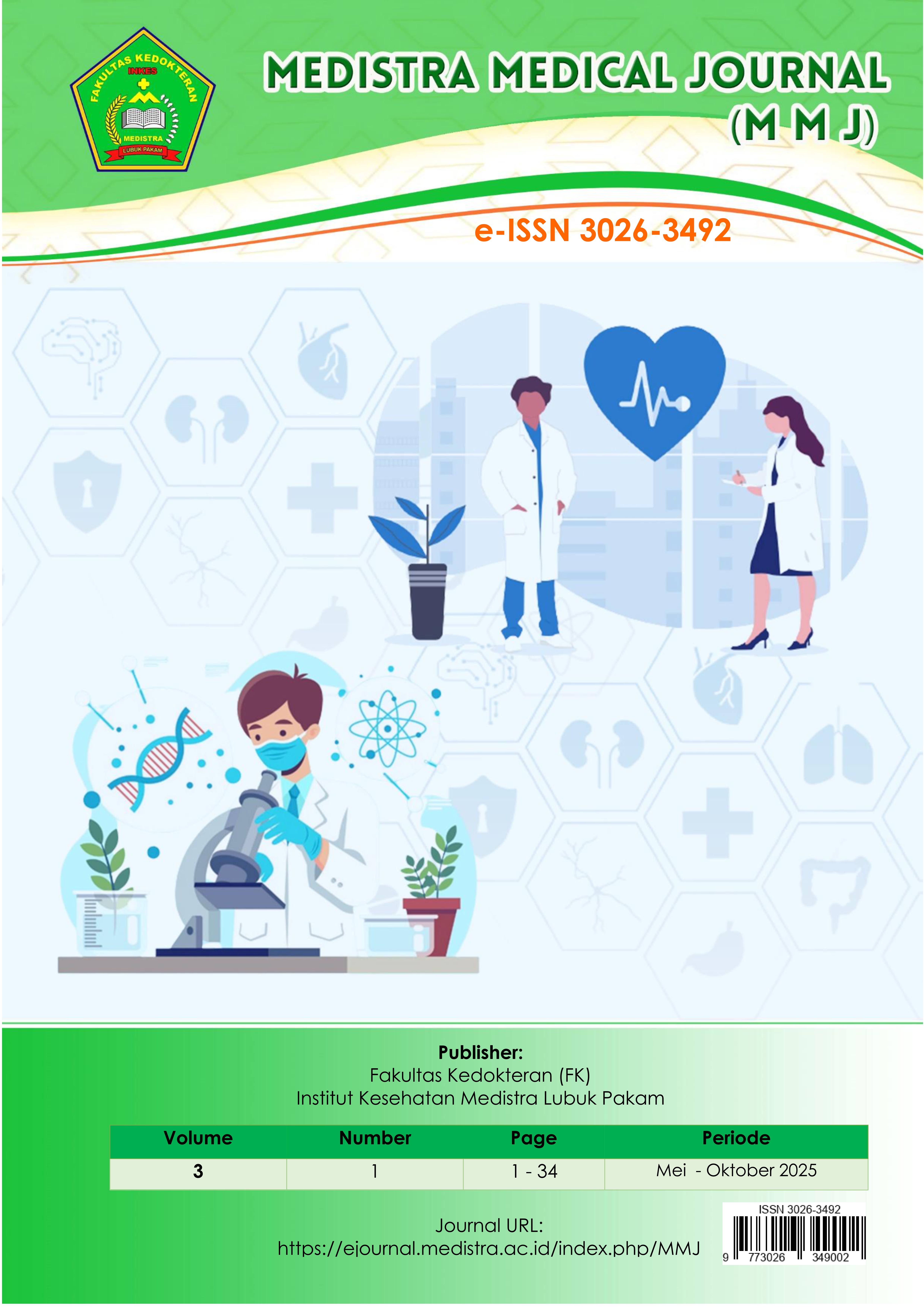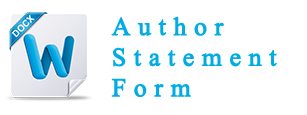Legal Study on Health Service Facilities for Company Employees During the COVID-19 Pandemic
DOI:
https://doi.org/10.35451/y9wj1p05Keywords:
Health Law, Company Employees, Occupational Health Services, COVID-19 Pandemic, Occupational SafetyAbstract
The COVID-19 pandemic transformed patterns of employment, occupational safety, and access to health services for company employees. The high rate of SARS-CoV-2 transmission since early 2020 led to public health control measures such as social distancing, mandatory masking, and remote working arrangements (Work From Home/WFH). This situation raises a legal question: to what extent are employers obligated to ensure employee health and safety as part of the right to health, particularly when work must continue under a public health emergency. This study is a normative (doctrinal) legal research with a descriptive qualitative approach. Primary legal materials include Law No. 17 of 2023 on Health, national regulations on occupational safety and health, Ministry of Health guidance for COVID-19 prevention in the workplace, and World Health Organization recommendations on worker protection during infectious disease outbreaks. Secondary legal materials include health law scholarship, occupational health literature, and recent international publications addressing worker protection during the COVID-19 pandemic. Data were analyzed by interpreting applicable legal norms and assessing their practical relevance to the fulfillment of employees’ right to health in corporate settings. he findings indicate that the obligation to provide health service facilities for employees extends beyond curative access and includes preventive and promotive measures such as periodic health screening, staggered/shift-based work arrangements, reduced physical contact, virtual communication systems, provision of basic protective equipment, and guaranteed referral pathways to health services. These obligations are consistent with the principles of the right to health, occupational safety and health (OSH), and worker protection under Indonesian law. However, implementation faced barriers including fear and stigma, misinformation, and unequal company resources.
References
[1] Satgas Penanganan COVID-19. Protokol kesehatan tempat kerja dan perkantoran. Jakarta: BNPB; 2021.
[2] Kementerian Kesehatan Republik Indonesia. Pedoman Pencegahan dan Pengendalian Coronavirus Disease 2019 (COVID-19) di Tempat Kerja. Jakarta: Kementerian Kesehatan RI; 2021.
[3] Undang-Undang Republik Indonesia Nomor 17 Tahun 2023 tentang Kesehatan. Jakarta: Pemerintah Republik Indonesia; 2023.
[4] Kementerian Ketenagakerjaan Republik Indonesia. Norma Kesehatan dan Keselamatan Kerja pada Masa Pandemi COVID-19. Jakarta: Kemenaker; 2021.
[5] World Health Organization. Maintaining essential health services during the COVID-19 outbreak. Geneva: WHO; 2020.
[6] International Labour Organization. Teleworking during the COVID-19 pandemic and beyond: A practical guide. Geneva: ILO; 2021.
[7] Friedman LM. The Legal System: A Social Science Perspective. New York: Russell Sage Foundation; 1975.
[8] Huijbers T. Filsafat Hukum. Yogyakarta: Kanisius; 1995.
[9] Raharjo S. Ilmu Hukum. Bandung: Citra Aditya Bakti; 2009.
[10] World Health Organization. Coronavirus disease (COVID-19): Occupational health and safety for health workers. Geneva: WHO; 2022.
[11] United Nations. The Impact of COVID-19 on Workers and Businesses. New York: UN; 2022.
[12] Rawls J. Justice as Fairness. Cambridge: Harvard University Press; 2001.
[13] Nilles JM. Telecommunications and Organizational Decentralization. IEEE Trans Commun. 1975;23(10):1142–7.
[14] Kementerian Kesehatan Republik Indonesia. Perlindungan kesehatan mental tenaga kerja selama pandemi COVID-19. Jakarta: Kemenkes; 2022.
[15] International Labour Organization. Managing work-related psychosocial risks during the COVID-19 pandemic. Geneva: ILO; 2021.
[16] OECD. Supporting livelihoods during the COVID-19 crisis. Paris: OECD; 2021.
[17] Badan Nasional Penanggulangan Bencana. Status kedaruratan kesehatan masyarakat COVID-19 di Indonesia. Jakarta: BNPB; 2021
[18] International Labour Organization. Safe and healthy working environments free from violence and harassment. Geneva: ILO; 2022.
[19] Kementerian Kesehatan Republik Indonesia. Keputusan Menteri Kesehatan tentang Protokol Kesehatan bagi Masyarakat di Tempat dan Fasilitas Umum. Jakarta: Kemenkes; 2021.
[20] World Health Organization. Mental health and psychosocial considerations during the COVID-19 outbreak. Geneva: WHO; 2020.
Downloads
Published
Issue
Section
License
Copyright (c) 2025 Andhika Budi Sentoso

This work is licensed under a Creative Commons Attribution 4.0 International License.
Copyright in each article is the property of the Author.

















